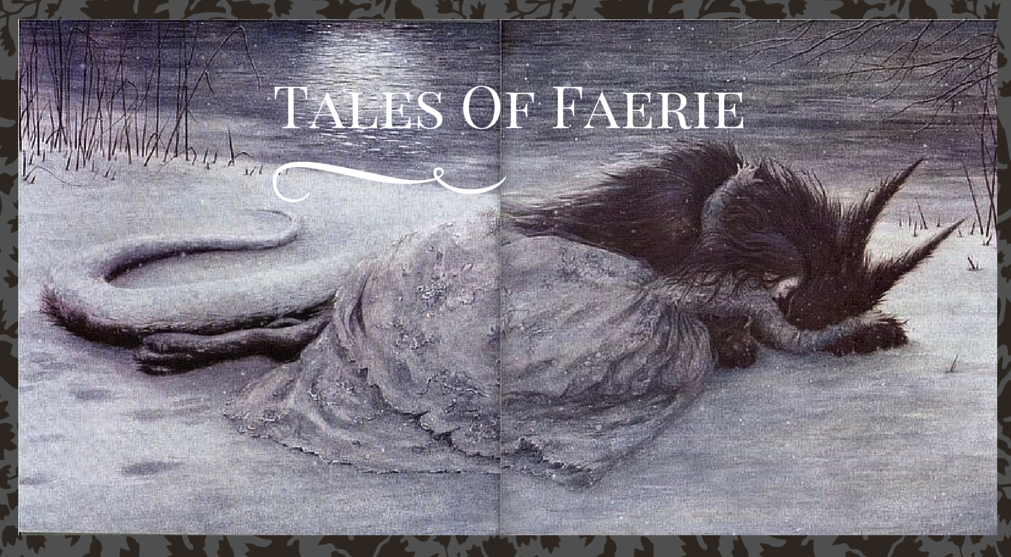This book has significant things to say, I think, about redeeming the history of fairy tales in light of the feminist arguments that say this collection is outdated and not applicable to the modern reader. It's important to look back and see how far we've come, as a warning and an encouragement. But the gender equality we are so proud of today-that a woman can get the education and career she desires-was simply not even an issue in a time when so many people were fighting for their survival, and any education at all wasn't a given for men, not to mention women. Given that the tales were gleaned from women tellers and not from men trying to put women in their place, the tales actually hold elements of empowering or celebrating women and their work which we tend to be blind to, looking only from the lense of our culture.
Paradiz gives insight into the background of the Grimm family and their acquaintances, and also connects elements of their lives with the tales they immortalized. Whereas other books on the famous collection focus on the stories and refer to the lives of those who collected and contributed only as secondary importance, this book focuses on the real lives of those who were involved in with the Grimms. What follows is a highly readable book that makes interesting paralells between the facts of the authors' biographies and the elements of the stories they immortalized.
H.J. Ford
"The Maiden Without Hands" may well have been the same kind of story-exposing the very real plight of women through shocking means. The practice of denying women rights was evident even in the fact that the Grimms did not credit their faithful sources by name-instead Wilhelm and Jacob took all credit to themselves and the nameless "Folk" to which they attributed their stories. In Paradiz' powerful words: "If the tales contributed by the women collaborators were noted only by the geographical region from where they came, then the deep underlying message of male literary culture was that women as individuals did not matter. Indeed, it was as if the ladies of the Hassenpflug and Wild households had no hands. Although they could read and write, they were nonetheless robbed of holding the symbolic quill of authorship."



Hi
ReplyDeleteI wanted to send you a photo of the most magical tree and the most magical tale. This involves a group of students with learning difficulties who go to this years Chelsea flower show and win gold with fairies and a enchanted forest full of magic light. A quick look is at tinydoors.com
I would love to give you the whole tale. If you look at the last picture in Building the Lantern page you will see what I mean.
Kind regards
Simon